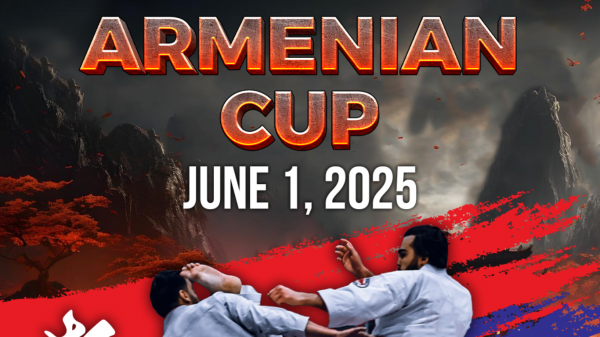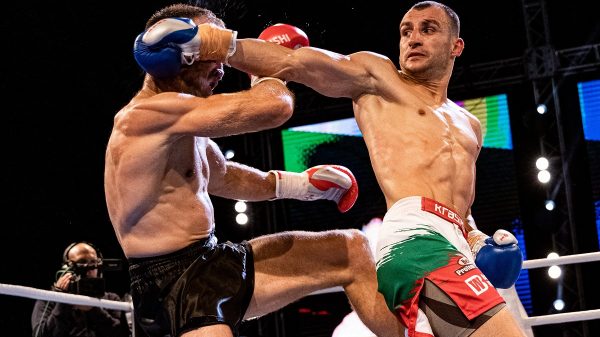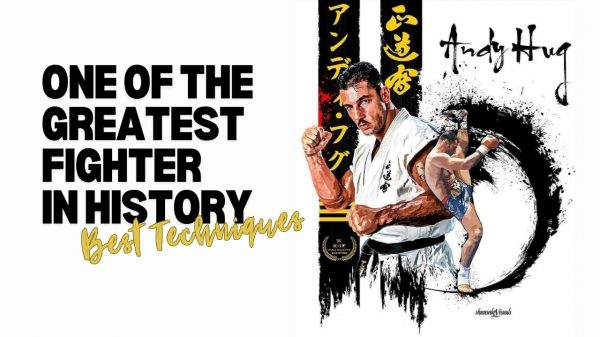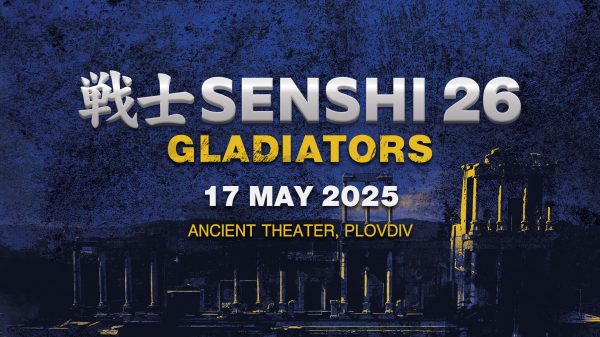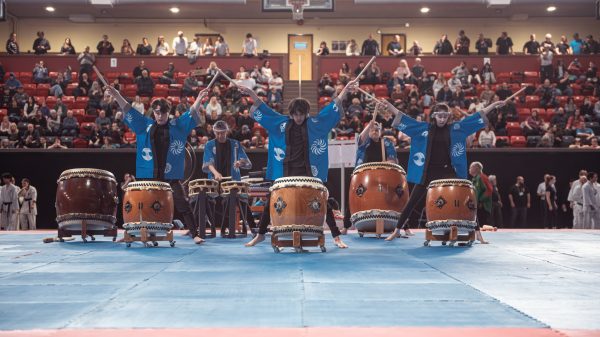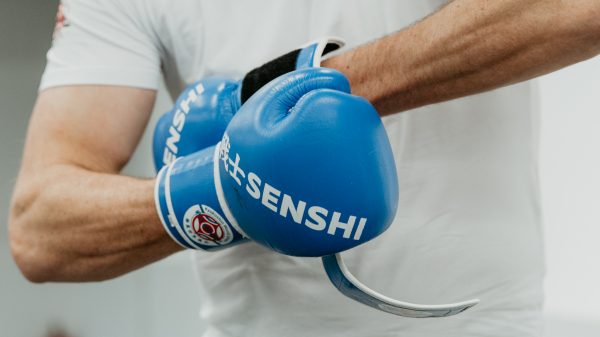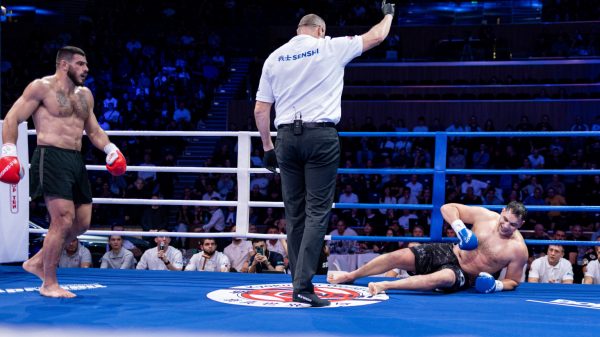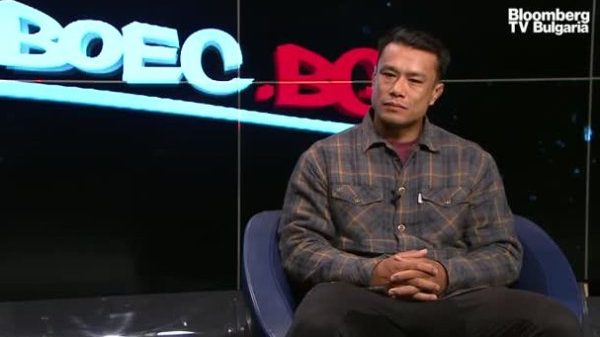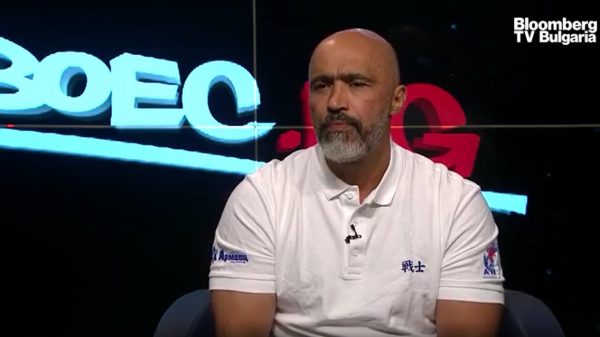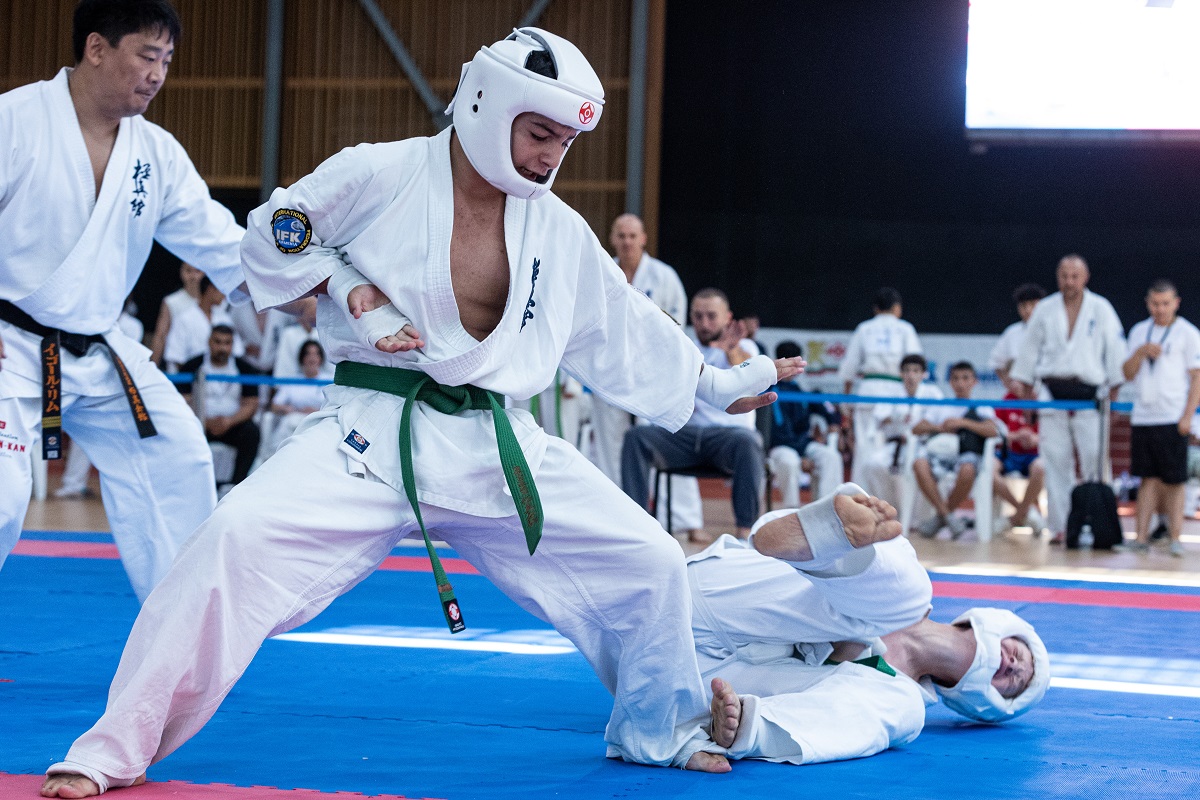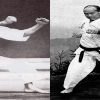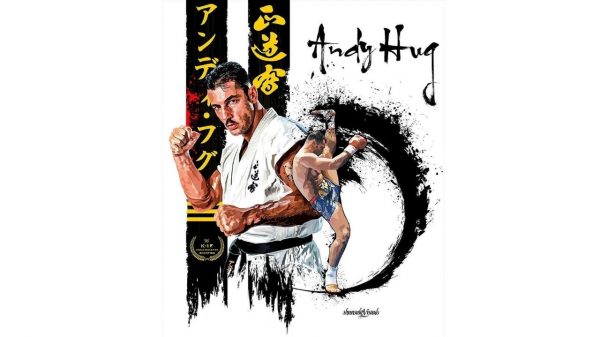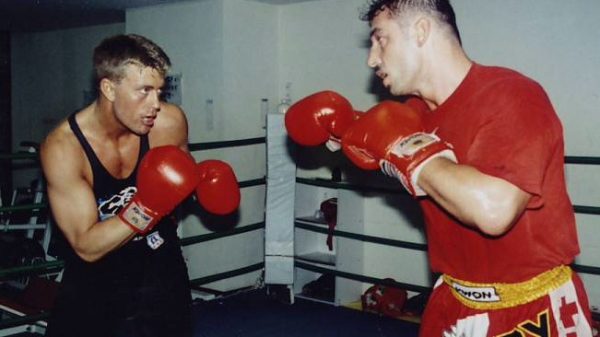The attitude we bring to our Martial Arts classes determines the sort of lesson we are going to have. When we come to class with smiles, ready to work hard and also to have fun, that is what will probably happen!
We change our thoughts by controlling our breathing. If we breathe in an angry way, fast and hard, we can become angry. If we breathe in a slow and calm way, we can become calm and focussed, enabling us to make good choices. This is why slowing and controlling our breathing at the start of the martial arts class is so important. It allows us to let go of the challenges and frustrations that may have occurred during the day, and think about moving forward with a clean slate. This is a great technique and will work at home and school when you need to get control of yourself, as well as in a Martial Arts class.
There are some things we can control and some things we cannot control. Effective people accept the things they cannot control and concentrate on the things they can control. Perhaps you cannot control whether you came to class today, perhaps you came because your parents brought you. We cannot control the actions of other people, however, we can control how we react to people. We can choose to get involved in other people’s problems or drama, or we can choose to distance ourselves from the little things and concentrate on the important issues. We cannot control what is taught in class on any given day, however, we can give our attention to whatever lesson is taught to us, and enjoy what is in that lesson.
What you can control is the attitude you bring to the class. We always have the ability to control our attitude, and this determines our experiences in life.
The Old Man
There was once an old man who owned a small farm high up on the hillside. He lived alone with his teenage son and their horses to help them with the farm chores.
One day a wild stallion came to the farm and caused all the horses to run away. “What bad luck!’ sympathized his neighbors. “Maybe good, maybe bad, who knows” replied the farmer.
The next day the stallion returned, bringing with it the farmer’s horses and a whole herd of wild ponies with it. “What good luck!” exclaimed his neighbors. “Maybe good, maybe bad, who knows” replied the farmer.
The following day the son tried to tame one of the new horses and fell off and broke his leg, and was unable to help his father on the farm. “What bad luck!’ sympathized his neighbors. “Maybe good, maybe bad, who knows” replied the farmer.
Then an army recruiting officer came to the village, calling up to war all the young men who were fit to fight, sending them to uncertainty and preventing them from helping on their families farms. As the man’s son was injured, he was not selected to join the army. “What good luck!” exclaimed his neighbors. “Maybe good, maybe bad, who knows” replied the farmer.
This story shows us that any situation simply is, the way we look at it determines whether it is good or bad. In our lives, when we are faced with a situation, we can feel a range of different emotions – may be disappointed, maybe sad, or angry. This is natural, however, if we can control ourselves and our emotions, we can choose to show a positive attitude and find the good in a situation. Sometimes it might be that our disappointment is another person’s opportunity. It might be that our anger can lead us to take action to fix a problem. It all comes down to the attitude we bring.


